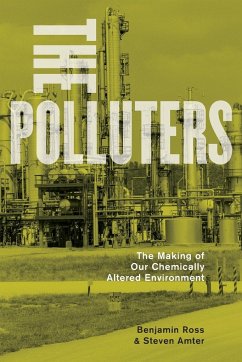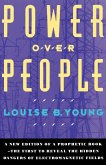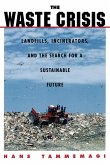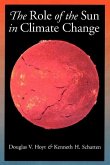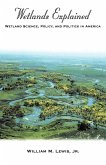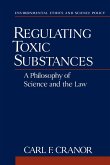An eye-opening account of chemical pollution in the United States, revealing that the dangers of many toxic hazards were understood--and covered up--for decades
The chemical pollution that irrevocably damages today's environment is, although many would like us to believe otherwise, the legacy of conscious choices made long ago. During the years before and just after World War II, discoveries like leaded gasoline and DDT came to market, creating new hazards even as the expansion and mechanization of industry exacerbated old ones. Dangers still felt today--smog, pesticides, lead, chromium, chlorinated solvents, asbestos, even global warming--were already recognized by chemists, engineers, doctors, and business managers of that era. A few courageous individuals spoke out without compromise, but still more ignored scientific truth in pursuit of money and prestige.
Hinweis: Dieser Artikel kann nur an eine deutsche Lieferadresse ausgeliefert werden.
The chemical pollution that irrevocably damages today's environment is, although many would like us to believe otherwise, the legacy of conscious choices made long ago. During the years before and just after World War II, discoveries like leaded gasoline and DDT came to market, creating new hazards even as the expansion and mechanization of industry exacerbated old ones. Dangers still felt today--smog, pesticides, lead, chromium, chlorinated solvents, asbestos, even global warming--were already recognized by chemists, engineers, doctors, and business managers of that era. A few courageous individuals spoke out without compromise, but still more ignored scientific truth in pursuit of money and prestige.
Hinweis: Dieser Artikel kann nur an eine deutsche Lieferadresse ausgeliefert werden.

